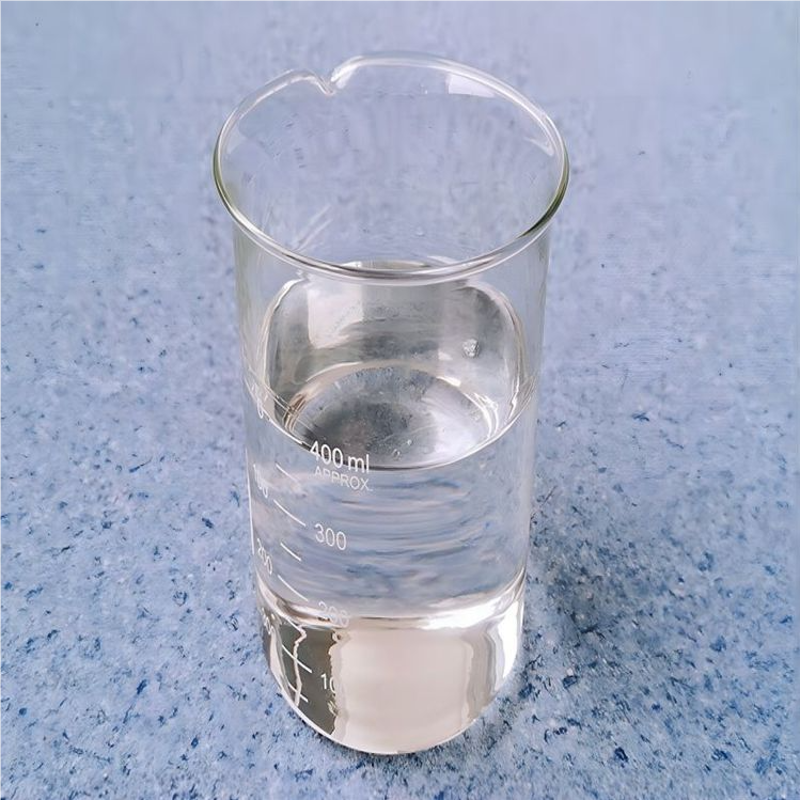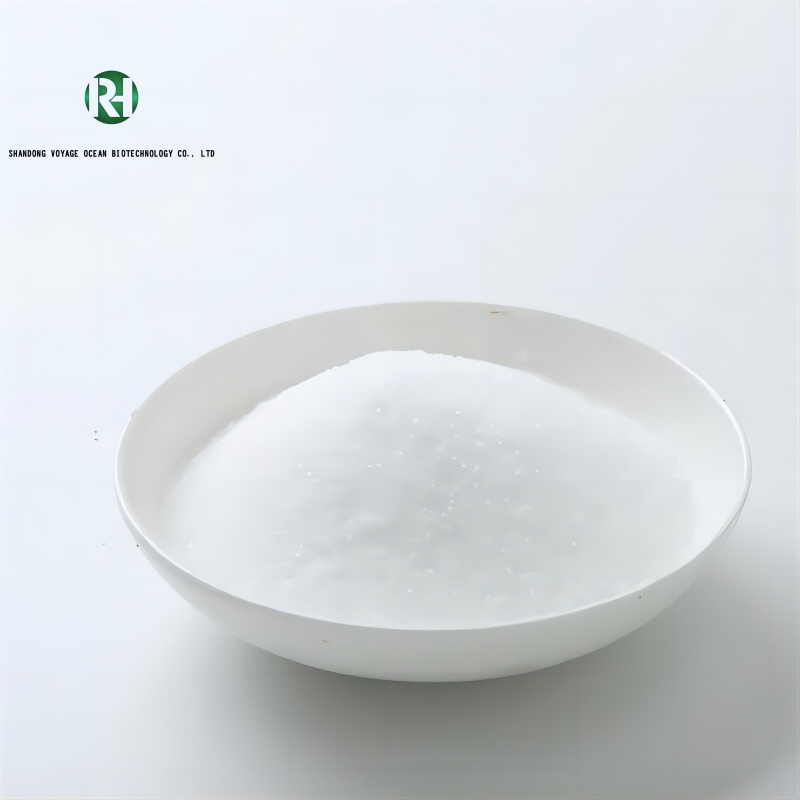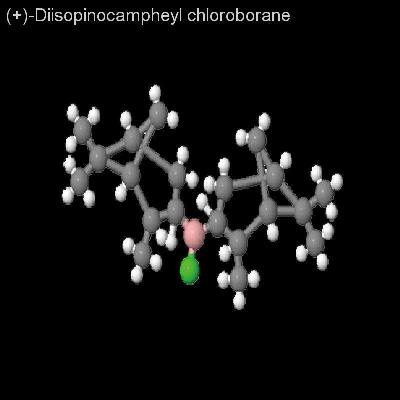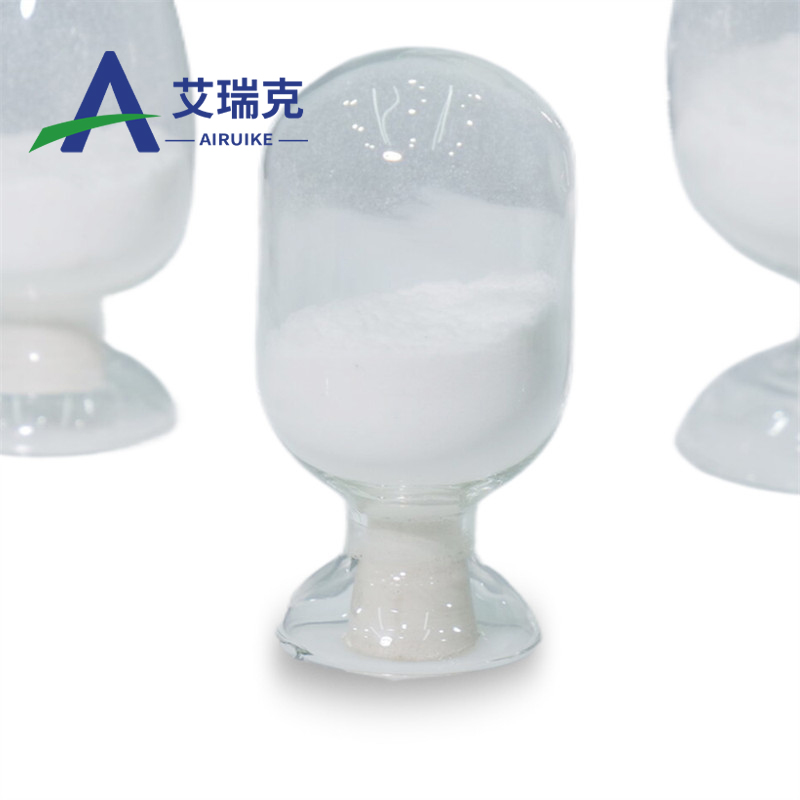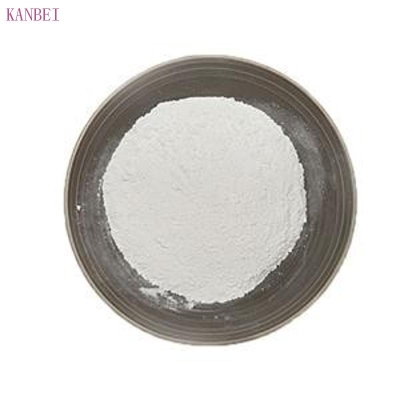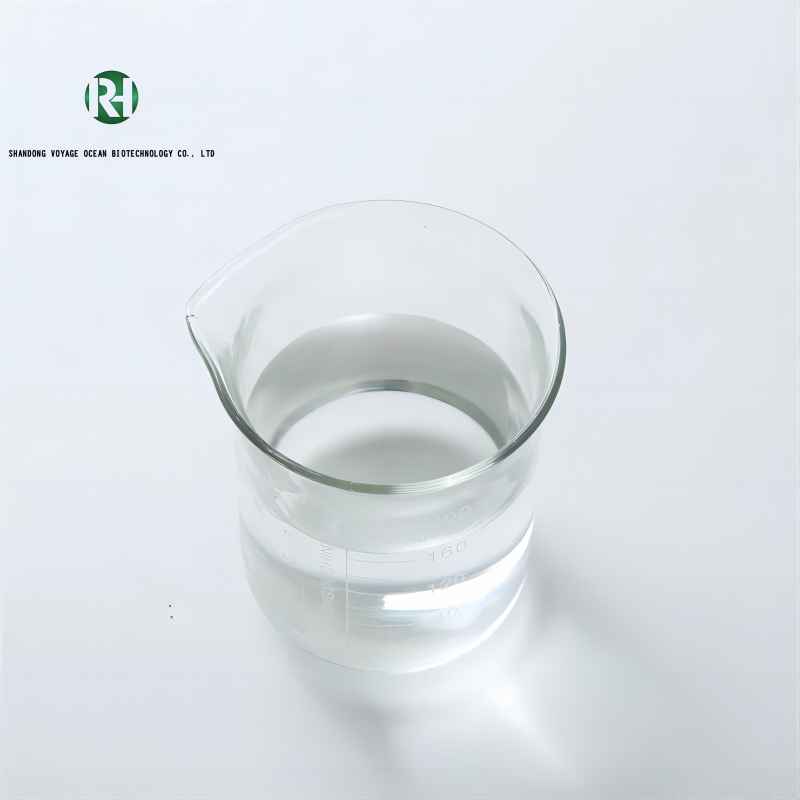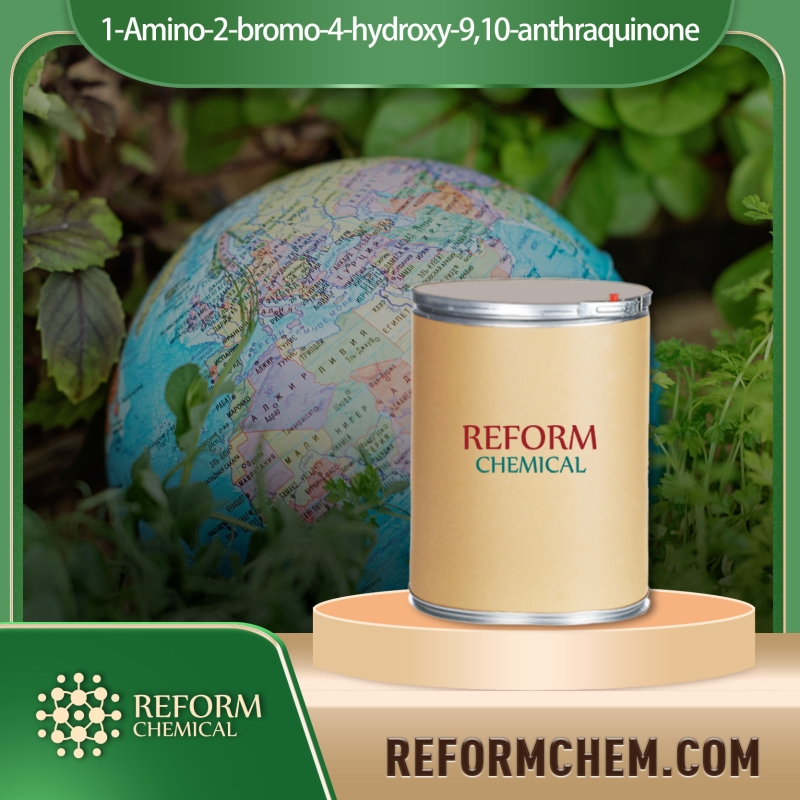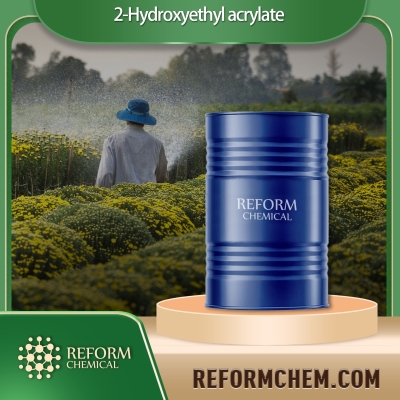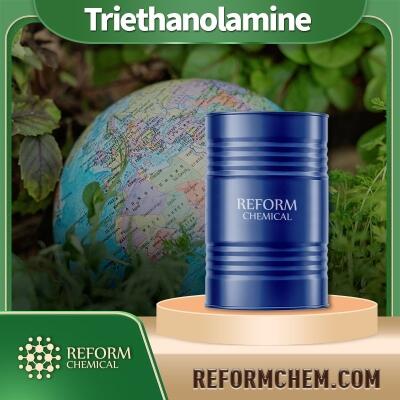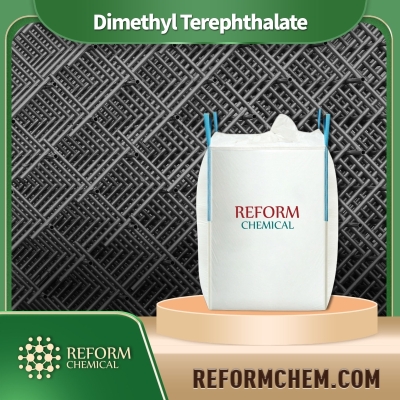Chemical Reagents
Get Chemical Reagents Raw Materials by RegionChemical Reagents
- • Deuterated Reagents (124)
- • Organic Reagents (9950)
- • Silane Reagent (852)
- • Chiral Chemicals (23)
- • Grignard Reagent (5)
- • Desulfurizer (20)
Related News
-
What Reagent Is Used To Test For Starch
2022-03-03 -
Meditex Bangladesh2019
2018-11-09 -
International Exhibition for Laboratory Equipment and Chemical Reagents
2017-06-20
Related Products Price
Chemical Reagent Suppliers
(3R)-3-Amino-1-butanol
CAS No: 61477-40-5
Formula: C4H11NO
Categories: Chemical Reagents > Organic Reagents
4,4′-Diaminodicyclohexylmethane
CAS No: 1761-71-3
Formula: C13H26N2
Categories: Chemical Reagents > Organic Reagents
5-Chloro-1H-imidazole
CAS No: 15965-31-8
Formula: C3H3ClN2
Categories: Chemical Reagents > Organic Reagents
-
4-Chloroimidazole
Inquiry -
15965-31-8 5-chloro-1H-imidazole
Inquiry -
![4-Chloroimidazole buy 4-Chloroimidazole]()
4-Chloroimidazole
Inquiry -
![4-Chloroimidazole buy 4-Chloroimidazole]()
4-Chloroimidazole
Inquiry
Dimethylolurea
CAS No: 140-95-4
Formula: C3H8N2O3
Categories: Chemical Reagents > Antimicrobials
3a,4,4a,7a,8,8a-Hexahydro-4,8-etheno-1H,3H-benzo[1,2-c:4,5-c′]difuran-1,3,5,7-tetrone
CAS No: 1719-83-1
Formula: C12H8O6
Categories: Chemical Reagents > Organic Reagents
-
Bicyclo[2.2.2]oct-7-ene-2,3,5,6-tetracarboxylic acid dianhydride
Inquiry -
![Bicyclo[2.2.2]oct-7-ene-2,3,5,6-tetracarboxylic acid dianhydride buy Bicyclo[2.2.2]oct-7-ene-2,3,5,6-tetracarboxylic acid dianhydride]()
Bicyclo[2.2.2]oct-7-ene-2,3,5,6-tetracarboxylic acid dianhydride
Inquiry -
![Bicyclo[2.2.2]oct-7-ene-2,3,5,6-tetracarboxylic acid dianhydride buy Bicyclo[2.2.2]oct-7-ene-2,3,5,6-tetracarboxylic acid dianhydride]()
Bicyclo[2.2.2]oct-7-ene-2,3,5,6-tetracarboxylic acid dianhydride
Inquiry -
![Bicyclo[2.2.2]oct-7-ene-2,3,5,6-tetracarboxylic acid dianhydride buy Bicyclo[2.2.2]oct-7-ene-2,3,5,6-tetracarboxylic acid dianhydride]()
Bicyclo[2.2.2]oct-7-ene-2,3,5,6-tetracarboxylic acid dianhydride
Inquiry
Lithium tetradeuteroaluminate
CAS No: 14128-54-2
Formula: AlD4.Li
Categories: Chemical Reagents > Deuterated Reagents
-
Lithium aluminum deuteride 99% White powder q ZHISHANG
Inquiry -
14128-54-2 Lithium aluminum deuteride
Inquiry -
Lithium aluminium deuteride
Inquiry -
14128-54-2
Inquiry
Tetramethylurea
CAS No: 632-22-4
Formula: C5H12N2O
Categories: Chemical Reagents > Organic Reagents
N-Cyclohexylmaleimide
CAS No: 1631-25-0
Formula: C10H13NO2
Categories: Chemical Reagents > Organic Reagents
-
N-Cyclohexylmaleimide
Inquiry -
N-Cyclohexylmaleimide 99% high purity certified Professional producer Greenbo
Inquiry -
![N-Cyclohexylmaleimide buy N-Cyclohexylmaleimide]()
N-Cyclohexylmaleimide
Inquiry -
![N-Cyclohexylmaleimide buy N-Cyclohexylmaleimide]()
N-Cyclohexylmaleimide
Inquiry
Methyl 4-bromobenzoate
CAS No: 619-42-1
Formula: C8H7BrO2
Categories: Chemical Reagents > Organic Reagents
Amidinothiourea
CAS No: 2114-02-5
Formula: C2H6N4S
Categories: Chemical Reagents > Organic Reagents
-
Amidinothiourea
Inquiry -
China Most Professional Factory Supply High Qulity Amidinothiourea CAS 2114-02-5
Inquiry -
Amidinothiourea
Inquiry -
![Amidinothiourea buy Amidinothiourea]()
Amidinothiourea
Inquiry
375 Chemical Reagents Suppliers
Short on time? Let Chemical Reagents sellers contact you.
Isopropyl iodide
CAS No: 75-30-9
Formula: C3H7I
Categories: Chemical Reagents > Organic Reagents
-
2-Iodopropane CAS75-30-9
Inquiry -
99% 2-Iodopropane CAS NO 75-30-9 ISO 9001:2005 REACH Verified Producer
Inquiry -
2-Iodopropane 99.9% high purity certified Professional Producer Greenbo
Inquiry -
![2-Iodopropane buy 2-Iodopropane]()
2-Iodopropane
Inquiry
2-Thiopheneethanol, 2-(4-methylbenzenesulfonate)
CAS No: 40412-06-4
Formula: C13H14O3S2
Categories: Chemical Reagents > Organic Reagents
Chlorobis[(1S,2R,3S,5S)-2,6,6-trimethylbicyclo[3.1.1]hept-3-yl]borane
CAS No: 112246-73-8
Formula: C20H34BCl
Categories: Chemical Reagents > Organic Reagents
-
(+)-Diisopinocampheyl chloroborane Pharmacy Grade with ISO,REACH
$1111-9999/UNIT EXW
Inquiry -
(+)-Diisopinocampheyl chloroborane
Inquiry -
(+)-Diisopinocampheyl chloroborane
$10/KG EXW
Inquiry -
(+)-DIP-Chloride(TM) 99% see COA kanbei
Inquiry
Cesium formate
CAS No: 3495-36-1
Formula: CH2O2.Cs
Categories: Chemical Reagents > Organic Reagents
-
Cesium formate
$1/KG EXW
Inquiry -
Cesium formate
Inquiry -
Cesium formate cas 3495-36-1
Inquiry -
Factory supply Cesium formate cas 3495-36-1
Inquiry
1,8-Dibromooctane
CAS No: 4549-32-0
Formula: C8H16Br2
Categories: Chemical Reagents > Organic Reagents
Methyl triflate
CAS No: 333-27-7
Formula: C2H3F3O3S
Categories: Chemical Reagents > Organic Reagents
Isopsoralen
CAS No: 523-50-2
Formula: C11H6O3
Categories: Chemical Reagents > Organic Reagents
5-Chloro-1-pentanol
CAS No: 5259-98-3
Formula: C5H11ClO
Categories: Chemical Reagents > Organic Reagents
-
5-Chloropentanol 5259-98-3
Inquiry -
5-chloropentanol cas5259-98-3
$10/KG EXW
Inquiry -
5-Chloropentanol
Inquiry -
5-Chloropentanol 99% high purity certified Professional producer Greenbo
Inquiry
3,4-Dichlorophenyl isocyanate
CAS No: 102-36-3
Formula: C7H3Cl2NO
Categories: Chemical Reagents > Organic Reagents
-
Isocyanic acid 3,4-dichlorophenyl ester 102-36-3
Inquiry -
Isocyanic acid 3,4-dichlorophenyl ester 99% high purity certified Professional producer Greenbo
Inquiry -
![3,4-Dichlorophenyl isocyanate buy 3,4-Dichlorophenyl isocyanate]()
3,4-Dichlorophenyl isocyanate
Inquiry -
![Isocyanic acid 3,4-dichlorophenyl ester buy Isocyanic acid 3,4-dichlorophenyl ester]()
Isocyanic acid 3,4-dichlorophenyl ester
Inquiry
4-Fluoro-2-trifluoromethylbenzonitrile
CAS No: 194853-86-6
Formula: C8H3F4N
Categories: Chemical Reagents > Organic Reagents
New Arrivals
Most Popular
-
2-Nitrobenzaldehyde 552-89-6 Organic Synthesis o-nitro-benzaldehyd High Quality 99% Industrial Grade
$1-1.3/KG FOB
-
2-Hydroxyethyl acrylate CAS NO.818-61-1 99% High Purity Industrial grade
$1-1.3/KG FOB
-
Triethanolamine CAS NO 102-71-6 Chemical Reagents Intermediates 99% High Quality
$1-1.3/KG FOB
-
Dimethyl Terephthalate CAS NO. 120-61-6 Manufactory Supply 99% high purity
$1-1.3/KG FOB
People are searching
Frequently Asked Questions
Chemical Reagents can be divided into different categories. On ECHEMI, we divided them into Deuterated Reagents, Organic Reagents, Silane Reagent, Chiral Chemicals, Grignard Reagent, and Desulfurizer. A common Deuterated Reagent is Lithium tetradeuteroaluminate, which is commonly used as a source of deuterium atoms to produce tritium for cooling nuclear reactors.. A common Organic Reagent is Benzyldodecyldimethylammonium chloride, which is used as acrylic fiber leveling agent, dye retardant for printing and dyeing fabric, oil field oil well fungicide, cooling water system sterilization and algaecide, medical device disinfectant, etc. A common Silane Reagent is Methyltris(methyl ethyl ketoxime)silane, which is used as a neutral curing agent in silicone sealant formulations. A common chiral chemical is L-Dibenzoyltartaric acid, an organic chiral compound that can be used as an organic intermediate and pharmaceutical intermediate. A common Grignard reagent is Benzylmagnesium bromide, which can be used in the preparation of 2,6-dimethyl-2-heptanol. A common Desulfurizer is TETRABUTYLAMMONIUM FLUORIDE, a reagent for the preparation of terminal olefins from primary alkyl iodides. More other common chemical reagents are available on ECHEMI, just feel free to inform us what you need and get competitive quotes!
A chemical reagent is a substance or compound to achieve or test a chemical change in chemical reactions. Reagents can be organic or inorganic compounds, and are selected based on their properties and ability to facilitate specific reactions. Chemical reagents are widely used in various fields, like chemistry, biochemistry, and other related areas for purposes such as synthesizing, analyzing, purifying, or characterizing chemical substances.
A chemical can be any specific chemical element or chemical compound with certain properties, however a reagent takes part in the chemical reactions and will convert to something else. That is to say a reagent is a chemical which is used to bring out a certain chemical reaction.










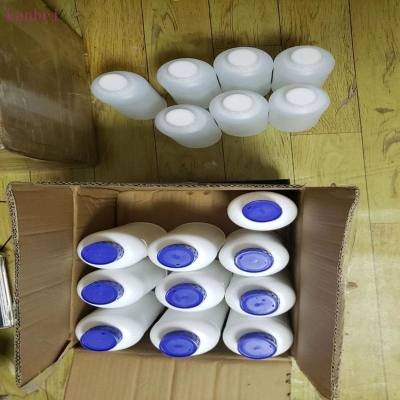




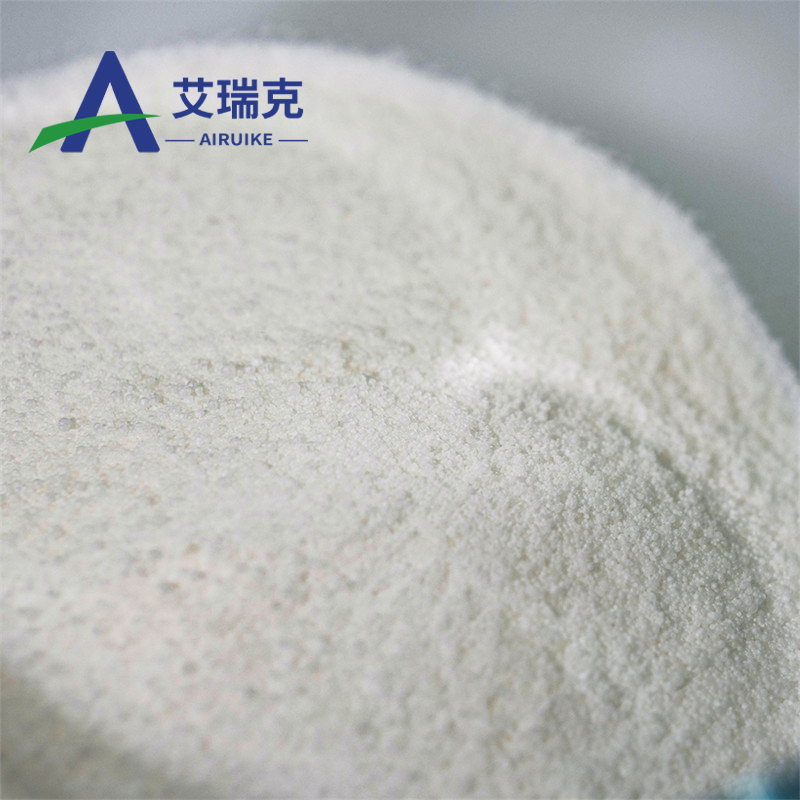








![Bicyclo[2.2.2]oct-7-ene-2,3,5,6-tetracarboxylic acid dianhydride buy Bicyclo[2.2.2]oct-7-ene-2,3,5,6-tetracarboxylic acid dianhydride](https://file.echemi.com/fileManage/upload/goodpicture/20220406/20220801103348072612_1719-83-1.png)
![Bicyclo[2.2.2]oct-7-ene-2,3,5,6-tetracarboxylic acid dianhydride buy Bicyclo[2.2.2]oct-7-ene-2,3,5,6-tetracarboxylic acid dianhydride](https://file.echemi.com/fileManage/upload/canonicalSmiles/20220811/82a1131f00b0414e9670559f43dbaeda.png)
![Bicyclo[2.2.2]oct-7-ene-2,3,5,6-tetracarboxylic acid dianhydride buy Bicyclo[2.2.2]oct-7-ene-2,3,5,6-tetracarboxylic acid dianhydride](https://file.echemi.com/fileManage/upload/cas/587/8a90e07b-2862-461d-84a2-ef2d2adf628b.png)






